Market Share
Flavoured Butter Market Share Analysis
In the dynamic arena of the Flavoured Butter market, companies deploy various strategies to establish and fortify their share of the market. One predominant tactic is differentiation, where brands accentuate unique flavors and ingredients to distinguish themselves from competitors. This might entail offering an array of innovative flavor combinations, such as garlic herb, honey cinnamon, or spicy chili, to cater to diverse consumer preferences and culinary trends. By positioning themselves as providers of distinct and tantalizing flavor profiles, companies aim to capture the attention of consumers seeking exciting alternatives to traditional butter.
Pricing strategies also play a pivotal role in market share positioning within the Flavoured Butter market. Some brands opt for premium pricing, positioning their products as gourmet indulgences crafted with high-quality ingredients and artisanal techniques. These brands target discerning consumers willing to pay a premium for superior taste and quality. Conversely, there are brands that adopt a more accessible pricing strategy, aiming to appeal to budget-conscious shoppers without compromising on flavor or quality. Price promotions, discounts, and value packs are common tactics used to attract consumers and gain a competitive advantage in the market.
Distribution channels are another critical aspect of market share positioning in the Flavoured Butter market. Companies leverage various distribution channels such as supermarkets, specialty food stores, farmers' markets, and online platforms to reach their target audience. By ensuring widespread availability and accessibility of their products, brands can effectively penetrate different market segments and increase their market share. Partnerships with distributors and retailers can also help brands secure prominent shelf space and visibility, further enhancing their competitive position in the market.
Brand image and marketing efforts are significant factors influencing market share positioning in the Flavoured Butter market. Building a strong brand identity centered around quality, innovation, and culinary inspiration can resonate with consumers and differentiate a brand from its competitors. Effective marketing strategies, including social media campaigns, recipe sharing, and collaborations with chefs and food influencers, can help raise brand awareness and foster consumer engagement. By consistently communicating the unique selling points of their flavored butters, companies can strengthen their position in the market and cultivate a loyal customer base.
Innovation plays a vital role in maintaining a competitive edge and capturing market share in the Flavoured Butter market. Companies invest in research and development to introduce new flavor profiles, packaging innovations, and value-added products that cater to evolving consumer preferences and culinary trends. Whether it's experimenting with exotic ingredients, offering seasonal varieties, or developing convenient single-serve packaging options, innovation allows brands to stay relevant and capture the attention of consumers in a crowded market landscape.
Moreover, strategic partnerships and collaborations can provide brands with opportunities to expand their market share and reach new audiences. Teaming up with food manufacturers, bakeries, or restaurants can help brands increase their visibility and accessibility to consumers. Collaborations with celebrity chefs, food bloggers, or lifestyle influencers can also help generate buzz and drive sales. By leveraging the strengths and resources of strategic partners, brands can enhance their market position and capitalize on growth opportunities in the competitive Flavoured Butter market.


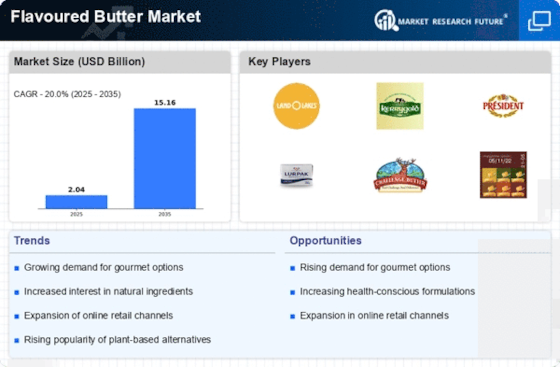
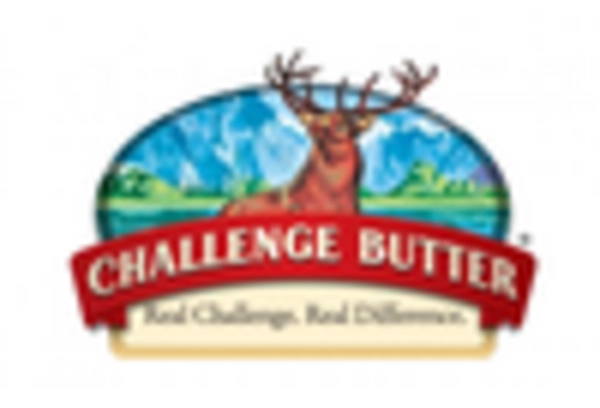
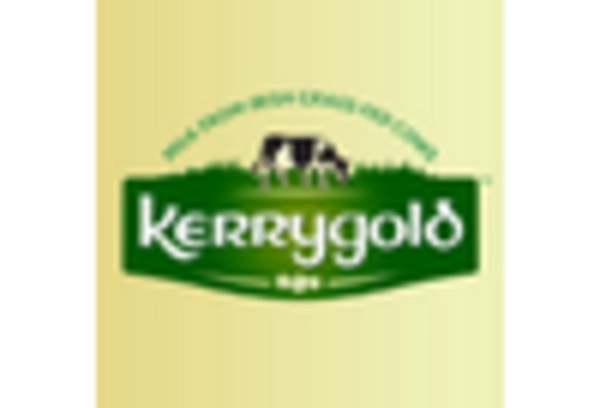
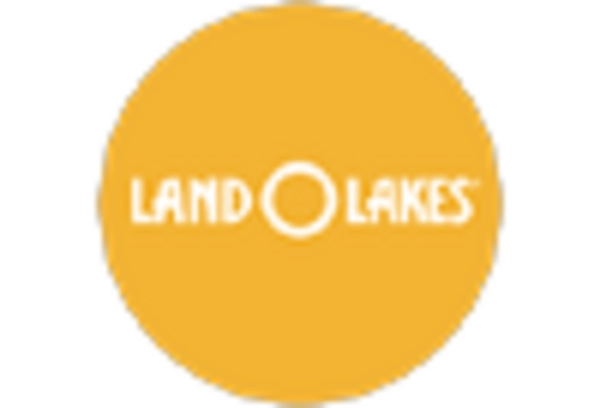
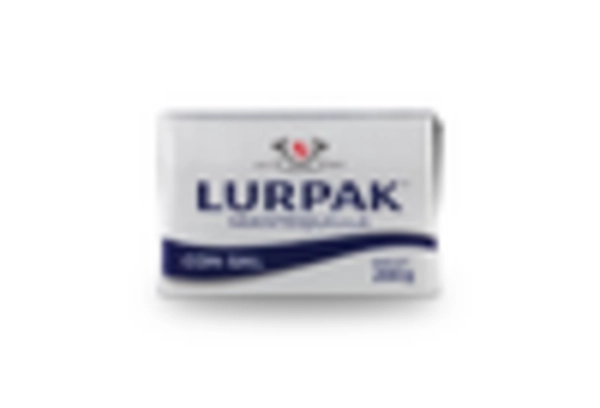
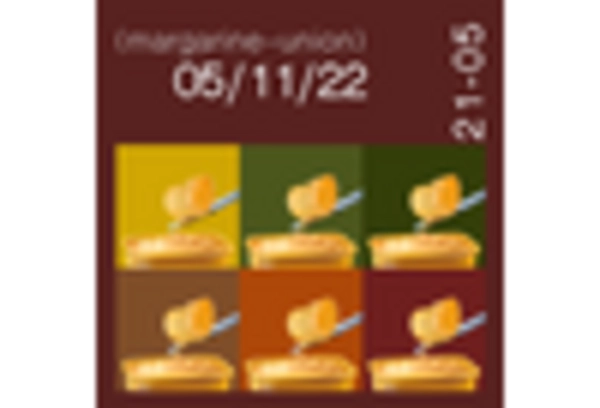
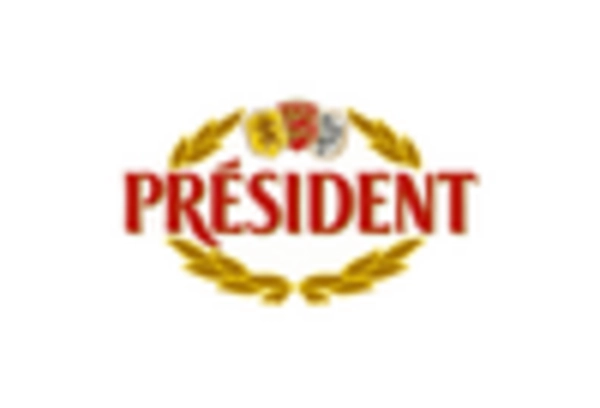









Leave a Comment